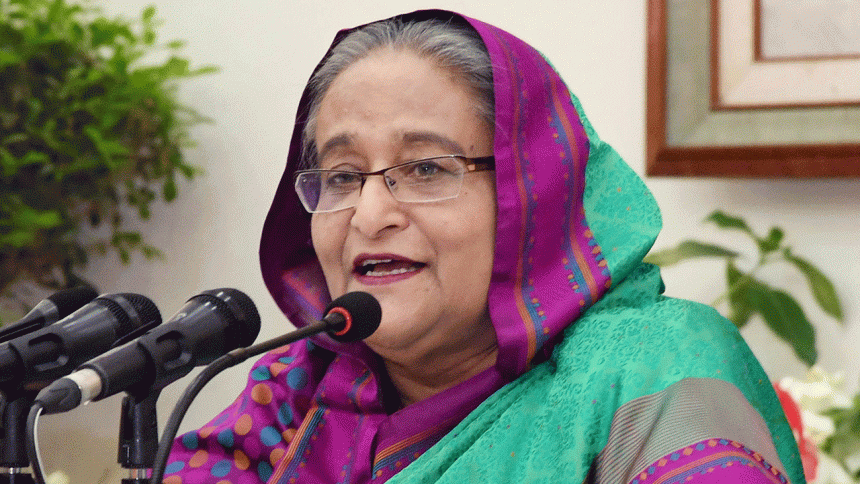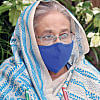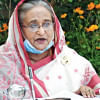India’s CAA unnecessary

Prime Minister Sheikh Hasina said she did not understand the purpose of the Citizenship Amendment Act passed recently in India, and observed that it was an unnecessary law.
But she added that the CAA was India’s internal matter.
“We don’t understand why [the Indian government] did it. It was not necessary,” Hasina told Gulf News in an interview during her recent visit to Abu Dhabi, the capital of the United Arab Emirates (UAE).
The CAA was passed by the Parliament of India on December 11, 2019, and provides a path to citizenship for members of Hindu, Sikh, Buddhist, Jain, Parsi and Christians who have allegedly fled persecution from Pakistan, Bangladesh and Afghanistan before December 2014.
Protests and violence have erupted across India since the enactment of the CAA and declarations by the Indian government that the National Register of Citizens (NRC) will be carried out nationwide.
The protesters say that the legislation is “unconstitutional and divisive” as it excludes Muslims.
The NRC has excluded more than 19.96 million people in Assam. To prove their citizenship, they can go to the court, but what happens if anyone fails to prove the citizenship is not clear.
Analysts have expressed fears that Indian Muslims who are unable to prove their citizenship claims will seek shelter in Bangladesh, reported The Gulf News on Saturday.
“[Still], it is an internal affair,” Hasina said, adding that India too has always maintained that the CAA and NRC are its internal matters.
“No, there is no reverse migration from India. But within India, people are facing many problems,” Hasina also said.
Border Guard Bangladesh and police said, at least 329 people were arrested on charges of trespassing into Bangladesh from India in November and sent to jails in Jhenaidah and Jashore. The detainees claimed to be Bangladeshis, but could not provide any evidence to support their claims.
Following concerns that people were being pushed in to Bangladesh, Foreign Minister AK Abdul Momen said Dhaka had sought information from Delhi on the Bangladeshi citizens living there illegally.
“If they [those who trespassed into Bangladesh] are not Bangladeshi citizens, we will send them back,” Momen said.
In December, he told reporters in Dhaka that India was always a tolerant country which believes in secularism.
There were speculations in the media that the India-Bangladesh relations were going through a rough patch as Foreign Minister Momen, Home Minister Asaduzzaman Khan and State Minister for Foreign Affairs Shahriar Alam postponed a visit to India.
They, however, said it had nothing to do with the CAA and NRC.
PM Hasina told The Gulf News that the Bangladesh-India relationship was at its best and there was cooperation in a “wide spectrum of areas”.
She mentioned that about 1.2 million Rohingyas, who fled Myanmar, were living in camps in Cox’s Bazaar.
“The Rohingya crisis originated in Myanmar and the solution lies with them. But unfortunately, Myanmar is yet to take any meaningful step to address the core concerns of the Rohingya [on their] safe and dignified return.
“Two repatriation initiatives [so far have] failed as not a single Rohingya wants to go back voluntarily. It revealed that Myanmar did not succeed in creating an environment conducive for repatriation.”
Bangladesh cannot indefinitely shoulder the burden of providing for more than a million refugees, she said.
“If the problem persists, it may seriously affect the security and stability of the region. [This is why the] international community should remain [engaged] with the Rohingya issue until it reaches a sustainable solution.”

 For all latest news, follow The Daily Star's Google News channel.
For all latest news, follow The Daily Star's Google News channel. 








Comments